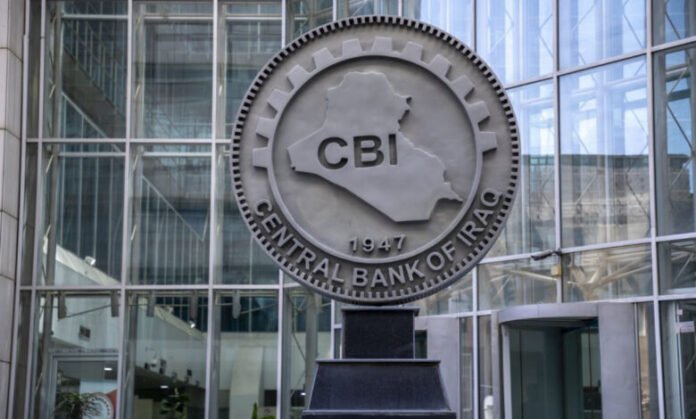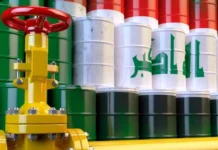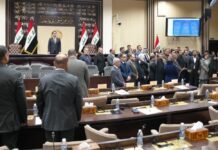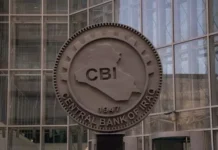On Sunday, Ziad Al-Hashemi, an economic researcher, stated that the Central Bank had opened a new way to withdraw dollars by claiming it as a “loan.” After that, the value of these dollar loans is repaid in dollars at the official rate without specifying any controls or standards that govern the dollar borrowing operations. This creates a possibility of receiving dollars, smuggling or selling them for cash at the parallel price, then repaying them at the official price and profiting from the price differences.
Al-Hashemi, in a post on the “X” platform followed by “Jarida”, expressed his disappointment with the new decision made by the Iraqi Central Bank. Many were hopeful about the recent measures taken by the Central Bank, which were considered to be reforms that would support the dinar, regulate the outflow of national currency, and stabilize exchange rates. However, the Central Bank’s management wants to create controversy, suspicion, and speculation again, through some strange decisions.
He said, “The Central Bank has opened a new method of withdrawing dollars by borrowing and then repaying the loans in dinars at the official exchange rate. However, the regulations governing these dollar borrowing operations in the Central Bank’s book are not clear enough to prevent using this method to smuggle or sell dollars in the black market and then repay the loans at the official price, making a profit from the price difference.”
“This potential fraudulent exploitation of the Iraqi dollar will increase the wealth of speculative parties (already wealthy) in dollars through differences in exchange rates, and will refuel the smuggling and money laundering networks with cash dollars,” the speaker said.
An economic researcher has called on the Central Bank to reconsider a particular book and discuss its potential repercussions on the Iraqi markets and economy. The researcher has suggested that the book be amended in a way that preserves Iraqi funds and does not provoke the Fed again.





